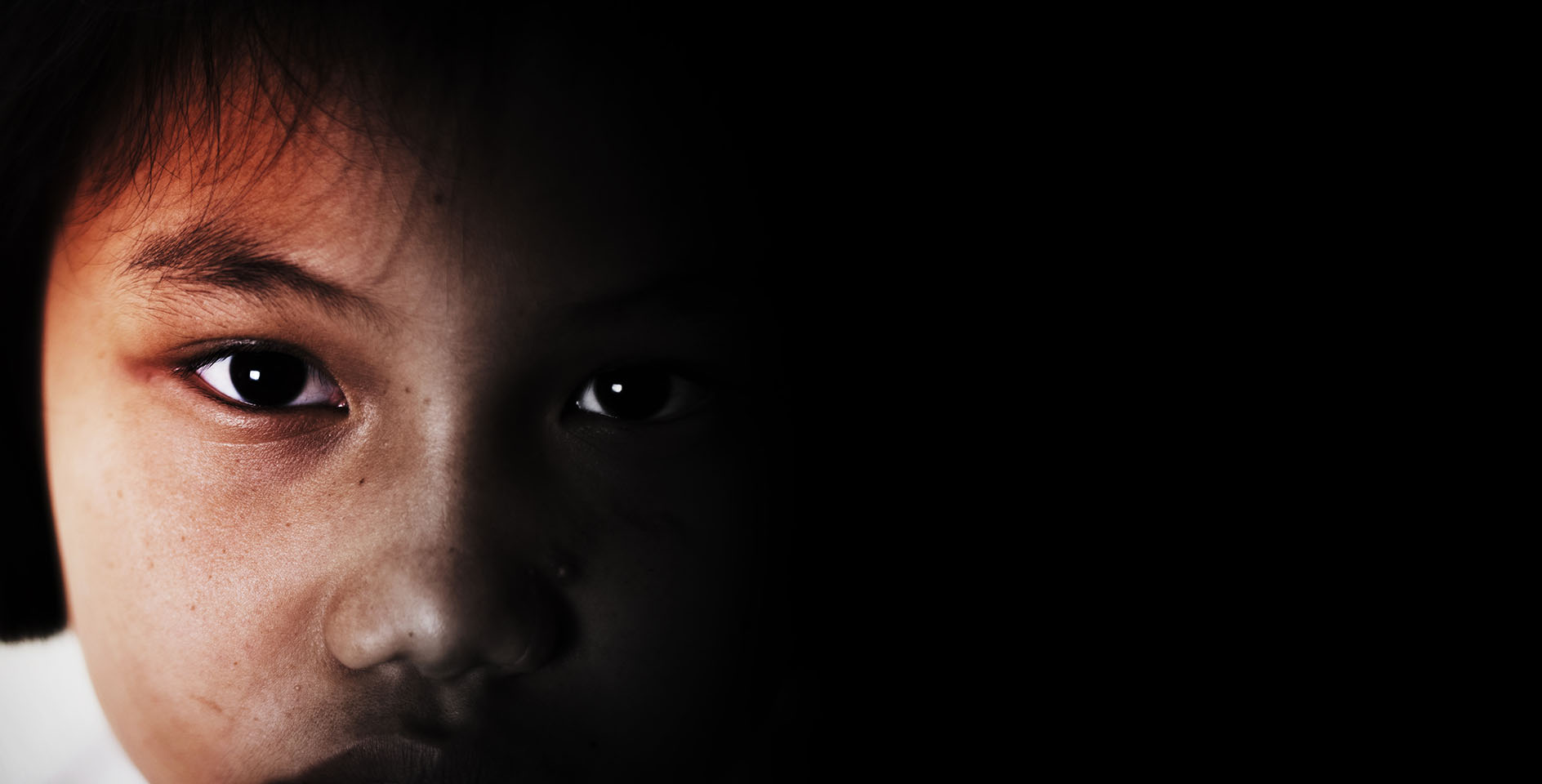Earlier today Wisconsin Congressman Paul Ryan was elected the 54th House speaker of the House of Representatives.
Here are five facts about the man who is third in line to the U.S. presidency:
1. Ryan grew up in Wisconsin and graduated from a Catholic high school before moving to Ohio to attend Miami University. In 1992 he graduated with a double major in economics and political science and moved to Washington, D.C. to work on Capitol Hill. Ryan worked his way from mailroom intern to the policy staff of the Senate small business committee under former Wisconsin Sen. Bob Kasten. He also worked for then Sam Brownback, then U.S. senator from Kansas, before returning to Wisconsin as a consultant to an earth-moving company run by another branch of his family.
2. Ryan was first elected to the House in 1998 and was reelected 8 times. Ryan became the ranking Republican member of the House Budget Committee in 2007 and served as its chairman from 2011 to 2015. Since then he has served as chairman of the House Ways and Means Committee, the chief tax-writing committee that oversees programs such as Social Security, Medicare, Temporary Assistance for Needy Families, and foster care and adoption programs. Ryan has also been a caucus member of the House Republican Caucus, Caucus of House Conservatives, International Conservation Caucus, Middle East Economic Partnership Caucus, and the Sportsmen's Caucus. In 2012, he became the running mate of Mitt Romney, joining the ticket as the Republican candidate for Vice President.
3. At a 2005 symposium to celebrate the 100th birthday of Ayn Rand, Ryan reportedly credited the controversial atheist and author as the reason he got involved in public service. He also said in 2003 that he gave copies of Rand’s novel Atlas Shrugged to his staff as Christmas presents. He would later say, though, that his “purported obsession” with Rand was an “urban legend.”
“I reject her philosophy,” Ryan told National Review. “It’s an atheist philosophy. It reduces human interactions down to mere contracts and it is antithetical to my worldview. If somebody is going to try to paste a person’s view on epistemology to me, then give me Thomas Aquinas,” who believed that man needs divine help in the pursuit of knowledge. “Don’t give me Ayn Rand,” he said.
4. After the 2012 presidential election loss, Ryan began to focus on issues of poverty. In 2013 he began making monthly visits to inner-city neighborhoods with Bob Woodson of the Center for Neighborhood Enterprise. During the excursions, in which no media was allowed, Ryan sought ways to fight poverty that could replace “bureaucratic, top-down anti-poverty programs.” In an interview Ryan said that for too long many people have assumed that the fight against poverty was not their problem:
People have been just sort of given this notion that, “Pay your taxes, and government will fix this problem; don’t worry about it.” That’s not true. If poverty was just about material deprivation—and in some cases it is—but it’s also more than that. It’s about, like I say, isolation. It’s about addiction. It’s about being stuck in a failing school or abuse or needing a mentor. That means people need to get involved. That means people in their communities need to see and fight poverty eye to eye, soul to soul, person to person. And I think you can not underestimate or understate the importance of that.
5. Throughout his political career Ryan has remained a staunch advocate of the sanctify and protection of life. In 2010, Ryan described himself as being "as pro-life as a person gets,” adding “Issues come up, they’re unavoidable, and I’m never going to not vote pro-life.” The National Right to Life Committee has consistently given Ryan a "100 percent pro-life voting record" since he took office. Paul believes abortion should be illegal even in cases of rape, and only makes an exception for situations where the woman's life is at risk. He has argued that all human beings, including the unborn, are entitled to natural rights. “Conservatives can bridge the gap on issues of life and choice,” wrote Ryan, “by building on the solid rock of natural rights, which belong, not just to some, but to all human beings.”









